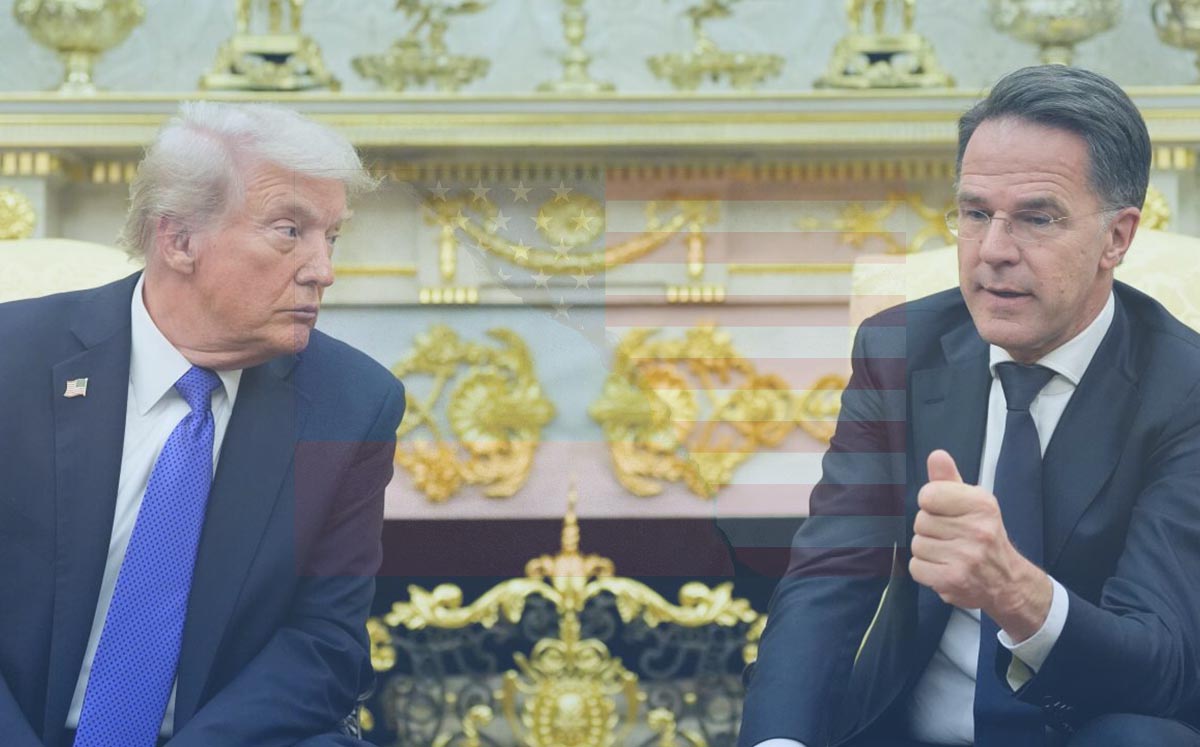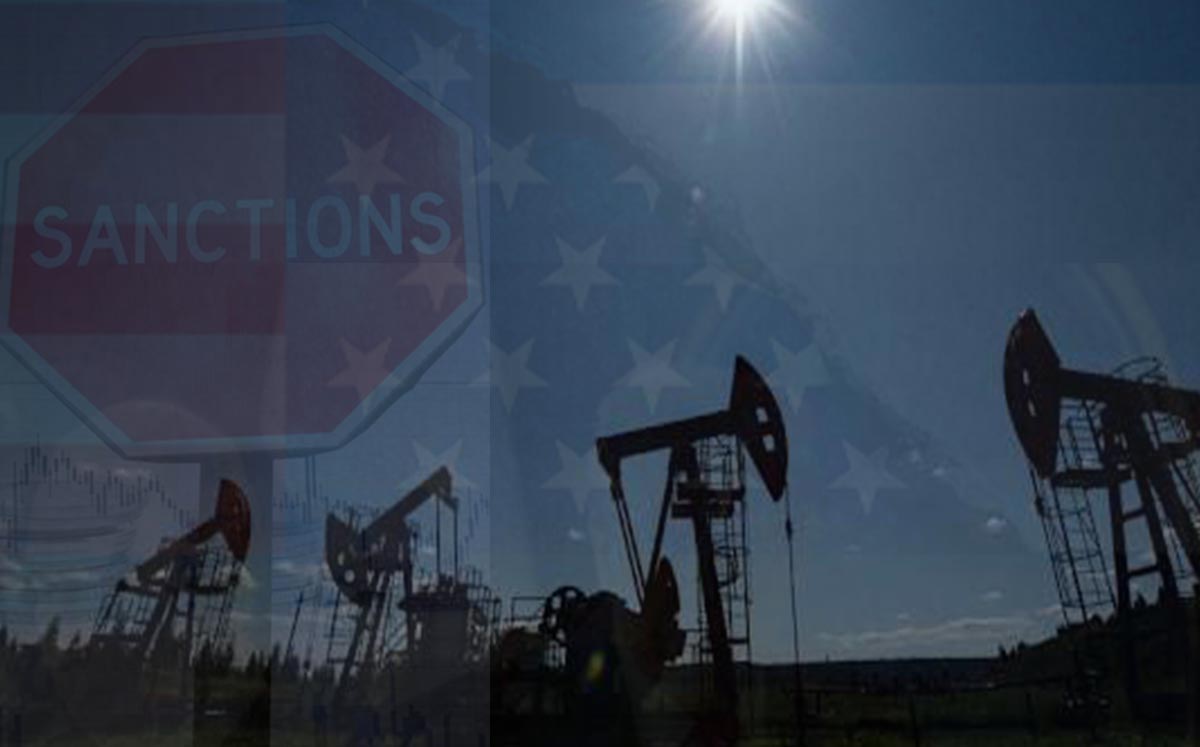In an unexpected reversal, the Trump administration announced “massive sanctions” on Moscow’s two largest oil producers on Wednesday, following nine months of trying to persuade Russia to make concessions through incentives alone, such as hosting a major bilateral summit on US soil or holding talks on repairing diplomatic relations.
After speaking with Russian President Vladimir Putin over the phone and securing an invitation to a second bilateral summit, this time in Budapest, President Donald Trump had just a week earlier retracted his plans to send long-range Tomahawk missiles to Ukraine.
Preparing that summit fell to Secretary of State Marco Rubio, one of Trump’s most aggressive Cabinet members with regard to Ukraine. However, the White House was finally struck by Russia’s unyielding insistence on tackling what it considers to be the “root causes” of the crisis.
Trump stated on Wednesday that he didn’t want to “waste time” at another summit, but he did leave the possibility open, saying that “we’ll do it in the future.” As it became evident that his much-discussed Alaska summit had not been able to halt the rising conflict in Ukraine, Trump’s annoyance with Russia had been evidently increasing in recent months.
This Deal – A Serious Blow to Russia’s War Machine?
According to individuals who spoke to CNN last week, he even changed his mind on Ukrainian strikes deep within Russia, boosting intelligence sharing to assist Kyiv in targeting military and energy facilities. Even so, experts were taken aback by Wednesday’s decision to sanction the Russian oil giants and their subsidiaries after Trump’s repeated threats to increase sanctions against Moscow failed to materialize and the two presidents’ phone conversation last week suggested the US leader was still vulnerable to Russian pressure.

In written remarks to CNN, Maria Shagina, a senior scholar at the London-based International Institute for Strategic Studies (IISS), stated, “It was actually surprising simply because there was always a discrepancy between Trump’s rhetoric and actions.” She stated, “It appears that Russia has overplayed its hand today, and Trump’s patience is wearing thin.” Experts and the energy markets are still trying to figure out how painful this will be for Russia.
The Details and Implications of Newly Imposed Sanctions
Although his government announced punitive secondary tariffs on India for its purchases of Russian oil in August, this is the first time Trump has directly sanctioned Russia since taking office again in January. The sanctions are standard in that US entities will be prohibited from conducting business with the listed corporations, Rosneft and Lukoil, as well as numerous subsidiaries, and their assets will be blocked in the US.
However, the majority of experts concur that going after Rosneft and Lukoil is a big shift. RBC Capital Markets estimates that the two businesses together account for around half of Russia’s oil exports.
Response of West to the Situation
The appearance (whether intentional or not) of coordinating penalties with NATO partners, which had been standard procedure under the Biden administration, is another first for Trump’s second term. The European Union unanimously approved its 19th package of penalties on Wednesday, while the United Kingdom broadened its sanctions to include Lukoil and Rosneft a week earlier on October 15. A complete transaction embargo on Rosneft is part of that package.
Additionally, it targets Litasco, a Lukoil trading company in the United Arab Emirates that the European Union refers to as “Lukoil’s prominent shadow fleet enabler,” even though it does not specifically target Lukoil. Ursula von der Leyen, president of the European Commission, stated, “This is a clear signal from both sides of the Atlantic that we will keep up collective pressure on the aggressor.” Von der Leyen also spoke with the US Treasury secretary on the phone Wednesday.

Leave a Reply